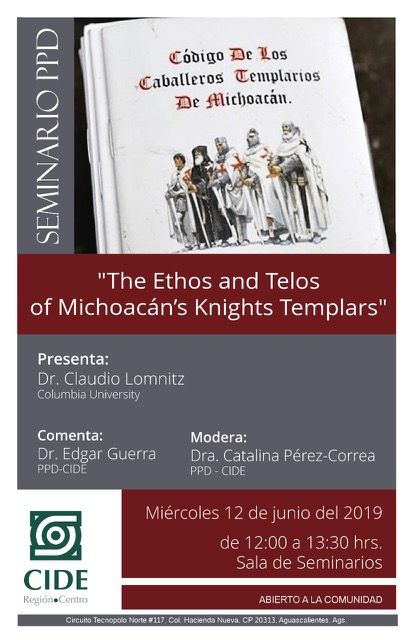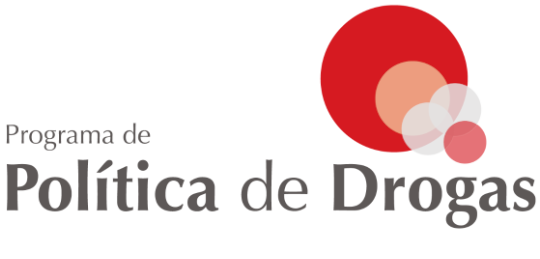The ethos and telos of Michoacán´s Knights Templars

This essay is an ethnographic exploration of the ethos and mores of Mexico’s contemporary drug culture. It uses temporal directionality (telos) to interpret the idiosyncratic symbols and rituals developed for the warrior order known as the Caballeros Templarios or Knights Templar cartel (Michoacán). The essay shows that Mexican drug organizations, in their dedication to the business of privatizing public goods, are thus at the same time parallel state structures and trust-based organizations of brothers working to build a collective future. The essay emphasizes the cultural elaboration of competing communitarian and bureaucratic organizational forms and ideals in order to explore the leadership style and moral codes of honor of the Knights Templar, underscoring the centrality of transnational movement in the invention of an acutely gender- and class-based culture of violent domination and caste formation.
Más Vistos
- Los precios de la marihuana en México
- “Drogas y política de drogas en el escenario de la pandemia por la COVID-19...
- La cola del dragón: el opio en Asia Central (1880-1960)
- Exposición de la juventud al tráfico de drogas en América Latina y el Caribe
- Drogas y violencia en tiempos de pandemia. Consecuencias y respuestas
Más Recientes
- La trayectoria política de la violencia urbana en MX
- Mujeres en grupos de delincuencia organizada y Regulación de cannabis en Chile
- Presentación de la película El ocaso, la noche, el amanecer
- Drogas y violencia en tiempos de pandemia. Consecuencias y respuestas
- Militares a nivel de calle en el noreste de México

